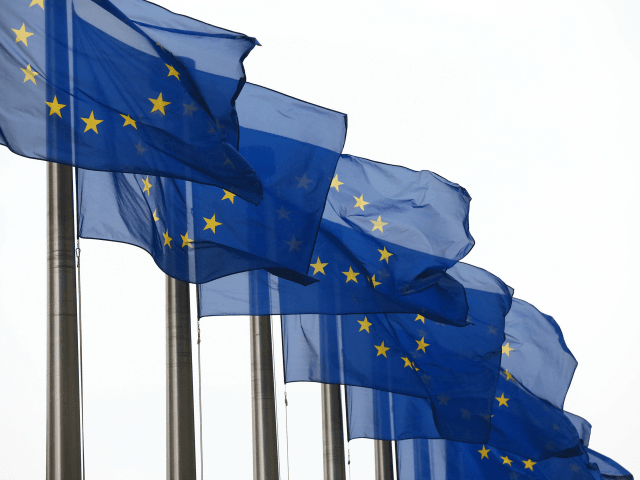Further doubt has been cast on the impartiality of the Lord Chief Justice, Baron Thomas of Cwmgiedd, who ruled on Thursday that it would be up to predominantly Remain-voting MPs to decide whether or not the United Kingdom actually begins the process of leaving the European Union by activating Article 50 of the Lisbon Treaty.
Previously best known for having condemned Sergeant Alexander Blackman – or ‘Marine A’ – to eight years behind bars, fresh questions were raised about the baron’s judgement when he was revealed as a founder-member of the controversial European Law Institute.
Remain campaigners have defended the ELI, which part-funds many of its projects with EU money and is committed in its manifesto to “the enhancement of European legal integration”, as merely harmless network of European jurists – but Leave.EU has now unearthed a video of its president, Diana Wallis, calling on MPs to block Brexit, or for the vote to be re-run in a general election or another referendum.
The video shows Wallis, a former vice-president of the European Parliament who sat as a Liberal Democrat MEP for twelve years and now lectures at Hull University, addressing a No2Brexit rally in York, shortly after the referendum.
“It’s not over,” she tells the small crowd. “OK, we can respect a vote – we’ve heard all the things that were wrong with the vote – but we are a parliamentary representative democracy. This was an advisory referendum only!”
Wallis goes on to say that MPs “cannot just lay down and accept that we leave”, indicating that she hopes they are able to stop Article 50 from being activated – and that if they cannot manage that, then the question should be reopened at a general election or another referendum.
Wall also shared a number of tweets after the vote from Remain campaigners like David Lammy and Blair spin doctor Alastair Campbell, supporting the idea that MPs might shoot Brexit down in Parliament or urging that lawyers might find a way to unravel it.
Baron Thomas’s prominent role in her Institute raises clear questions about a possible conflict of interest. Judgements have previously been overturned in cases where judges are found to have had a likely political bias, for example when one of the judges who ruled in favour of extraditing Augusto Pinochet was found to have been involved with a group which had campaigned in favour of his extradition.
The revelations about the Lord Chief Justice have led to call for the judiciary to be made more accountable, as well as for greater transparency in the way judges are appointed to senior positions.
Many are concerned that the judiciary has become increasingly politicised, making large scale, ad hoc modifications to the law of the land without any democratic mandate or popular support, and the gap between what the public would consider appropriate sentencing and the prevailing opinion among jurists being particularly glaring.
Worryingly, at least one of the Supreme Court justices who will hear the Government’s appeal against the High Court’s ruling on Article 50, Lord Mance, is also a member of the European Law Institute.
We can only hope, for the sake of the judiciary’s credibility, that judges are more open and transparent, or who knows what might happen next.

COMMENTS
Please let us know if you're having issues with commenting.